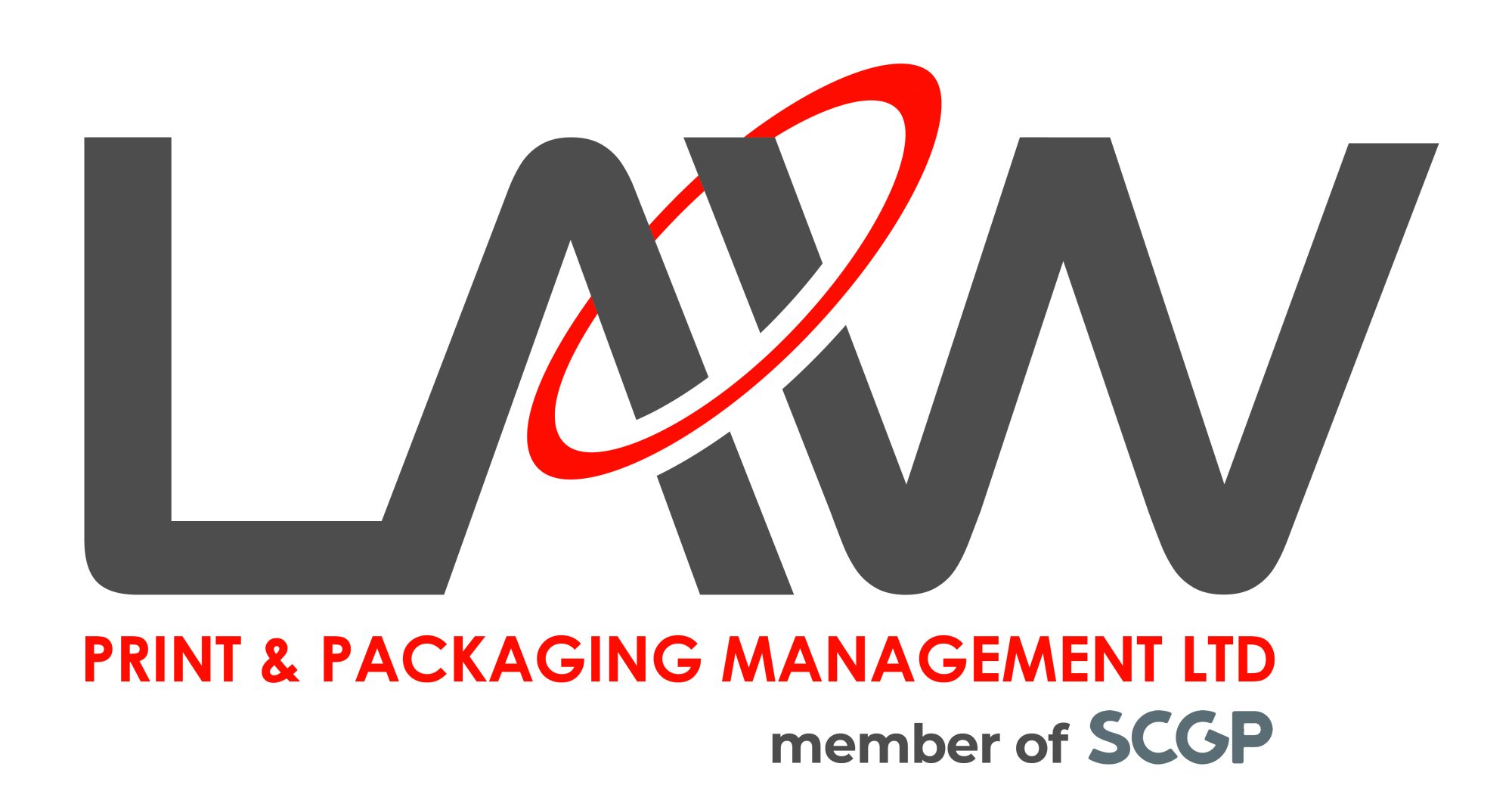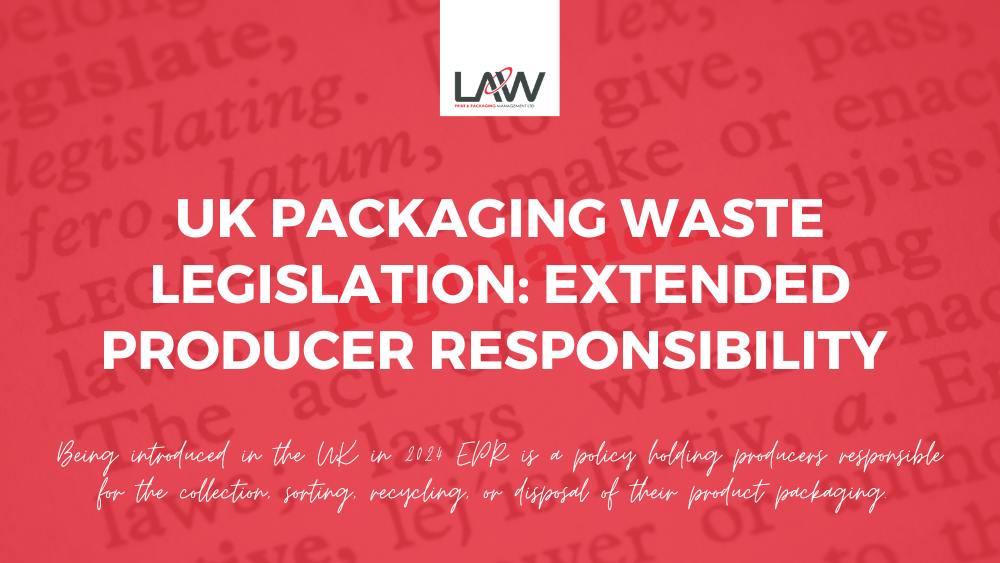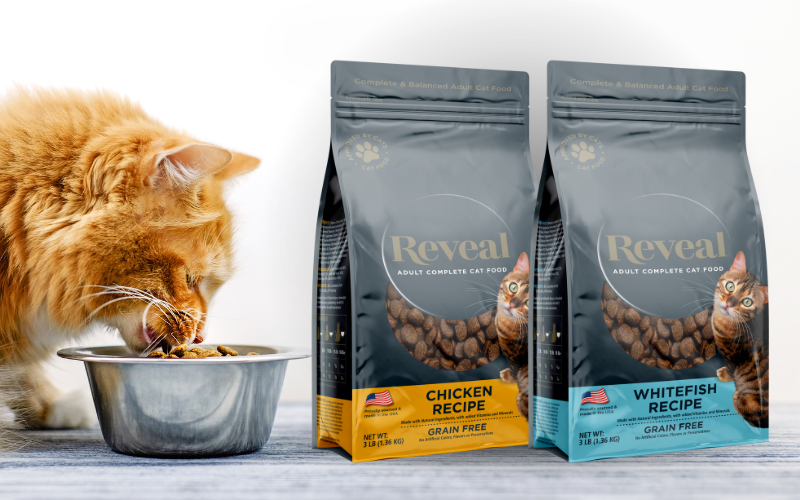Being fully implemented in the UK in 2024, Extended Producer Responsibility (EPR) is a policy holding producers responsible for the collection, sorting, recycling, or disposal of their product packaging.
Introducing this new policy means it will soon be down to businesses to fund the total cost of managing their household product packaging from production to disposal.
What is the EPR?
In the UK, the government has been implementing several changes to the existing EPR system in recent years, with the aim of reducing waste and increasing recycling rates. Some of the notable changes include:
- Introduction of a tax on plastic packaging with less than 30% recycled content, which came into effect in April 2022
- Expansion of the scope of the packaging producer responsibility system to cover all types of packaging, not just plastic, paper and board
- Introduction of a deposit return scheme for drinks containers, which is currently in the consultation stage and expected to come into effect in 2023
- Increase in the minimum requirements for recycled content in packaging, with the aim of reaching a minimum of 30% recycled content in all packaging by 2030
The EU has a similar approach. In Europe, EPR has been a central part of the European Union’s waste management policy. It has been implemented through several directives. Including the Waste Electrical and Electronic Equipment (WEEE) Directive and the Packaging and Packaging Waste Directive.
Some of the key changes in EPR in Europe include an increase in recycling targets, more stringent rules on the management of hazardous waste and the introduction of mandatory reporting and compliance obligations for producers.
Which businesses are impacted and how?
Any business that handles over 25 tonnes of packaging in a year will be affected by EPR legislation. Whether your business purchases packaging for products or you are producing packaging to sell to other businesses, if you handle over 25 tonnes per year, you are identified as a ‘producer’ and must act now.
‘Producers’ include:
- Brand owners – who sell packaged goods under their brand name. When a brand isn’t identifiable, the responsibility lies with the business responsible for packing or filling the packaging
- Importers – who import packaged products into the UK
- Service providers – who hire out or lend reusable packaging (such as supermarket crates)
- Distributors – who manufacture or import empty packaging and sell that packaging to UK businesses (not already obligated as a producer)
- Online marketplaces – that operate a marketplace whereby non-UK sellers can sell packaged products or empty packaging to UK consumers
- Sellers – who sell packaged products or packaging to the end-user
All charities are exempt, even if they sell packaged products (such as boxes of Christmas cards) in-store or online.
The scheme is set to impact smaller and bigger businesses differently. Smaller organisations with a turnover between £1 million and £2 million and handling 25-50 tonnes of packaging in a calendar year will have to provide detailed reporting on the packaging they produce. It should include how the waste will be managed. Larger businesses with a turnover above £2 million handling more than 50 tonnes of packaging per year will have to cover the cost of EPR regarding their waste and report their data every six months.
The collection of this data must begin from January 2023
This is to create a full calendar year of data. The first six months are due for submission between July and October 2023 for large organisations. For small organisations, it should be between January and April 2024. Due to the lower threshold introduced by EPR, many newly affected businesses in the UK will need to review their reporting processes. They should also make changes to start capturing data.
What can businesses do to reduce the impact on their finances?
The legislation will increasingly favour recyclable materials. The easier the packaging is to reuse or recycle, the lower the cost to producers. Higher volumes of waste created by packaging choices will increase costs. Reviewing and redesigning your packaging now may incur expenses in the short term. But, will ensure your EPR obligation is minimal going forward.
At a minimum, businesses must understand the requirements for branded products and packaging that will be disposed of in public bins. Better yet, identify by the brand which products will be categorised as household waste. Plus, record the materials that make up their packaging; this will establish a clear head start with reporting. Beginning to sort products into these areas will make the transition much smoother.
Ultimately, the best way to prepare for EPR is to ensure you have a thorough understanding of the recyclable potential of the packaging you handle. Then, use the reporting data you collect this year to pre-empt costs and plan more sustainable solutions for your packaging. Crucially, be mindful of time. Preparation is key, and it’s essential to report in October 2023 the product packaging used since January.
Do you need more information or advice?
We can help with EPR plus recycled content, plastic packaging tax and more.
For anything else, you can visit our Frequently Asked Questions (FAQ’s) or just contact us directly.
CASE STUDIES | CONTACT US | SOCIAL MEDIA | NEWSLETTER


